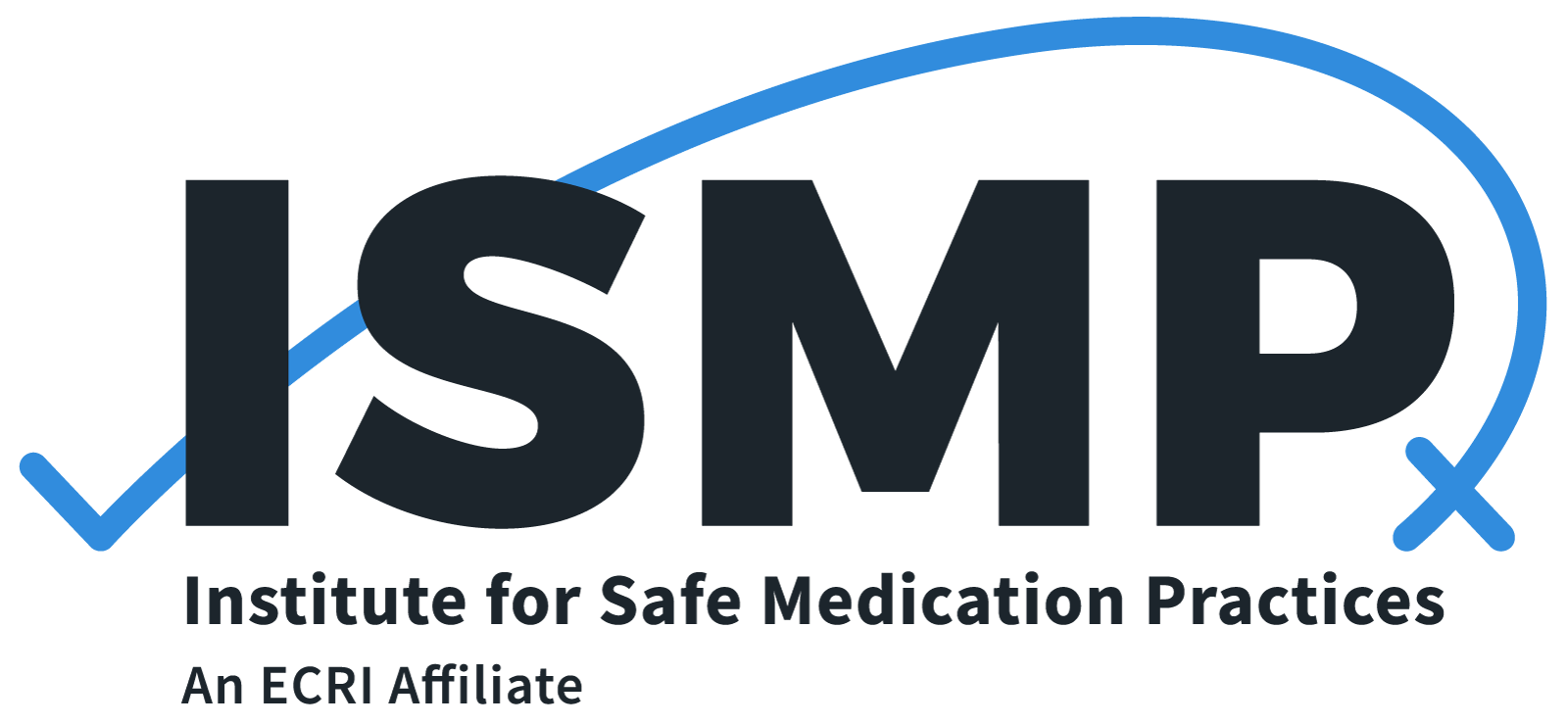Atrovent Inhalation Aerosol and Peanut Allergy
PROBLEM: People with food allergies know that danger lurks in unlikely places, but few give much consideration to their medications. Moreover, their health providers may be unaware of important information that could prevent allergic reactions. For example, few health professionals are aware that the prescribing information for ATROVENT (ipratropium) Inhalation Aerosol states that it is contraindicated in patients with hypersensitivity to soya lecithin or related products such as soybean and peanut. Neither the package label nor the tear-off patient instruction sheet attached to the package insert mentions a contraindication with peanut allergy. Complicating this problem, patients with peanut allergy can use Atrovent Nasal Spray or Atrovent Inhalation Solution because neither contains soya lecithin. We received a report about a patient with severe allergy to peanuts who suffered an anaphylactic reaction after using Atrovent Inhalation Aerosol. Incredibly, she was saved by the quick action of her 6-year-old child, who called 911. According to the manufacturer, at least two additional cases of Atrovent anaphylaxis have occurred. A Johns Hopkins University Hospital press release noted that one in every 200 children, and thousands of adults, are allergic to peanuts. Its prevalence is rising as more people are exposed through vegetarian diets, candies and foods, or by indirect contamination of food products during the manufacturing process.
SAFE PRACTICE RECOMMENDATION: Gathering and utilizing information about a patient's food allergies can be lifesaving. Some pharmacy computer systems are incapable of alerting professional staff to a potential problem since food-drug interactions may not be included in their database, or can't be built into the system by users. Please check if your computer system is capable of alerting you to this food-drug interaction. If not, or if you can't build an alert into your system, ask your vendor to add this interaction. At a minimum, include a computerized reminder or other warning to check for peanut allergy whenever the product is prescribed. Practitioners should also recommend that patients with severe allergic reactions carry epinephrine injection at all times. We requested that the manufacturer strengthen warnings about peanut allergies in patient and professional information. We also asked them to add a warning on the Atrovent package label.
